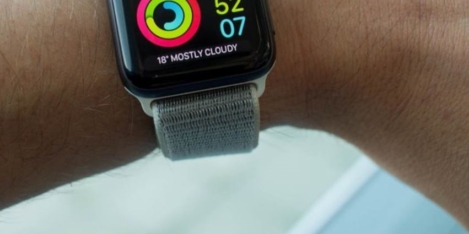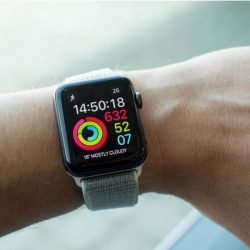To provide the best experiences, we use technologies like cookies to store and/or access device information. Consenting to these technologies will allow us to process data such as browsing behaviour or unique IDs on this site. Not consenting or withdrawing consent, may adversely affect certain features and functions.
The technical storage or access is strictly necessary for the legitimate purpose of enabling the use of a specific service explicitly requested by the subscriber or user, or for the sole purpose of carrying out the transmission of a communication over an electronic communications network.
The technical storage or access is necessary for the legitimate purpose of storing preferences that are not requested by the subscriber or user.
The technical storage or access that is used exclusively for statistical purposes.
The technical storage or access that is used exclusively for anonymous statistical purposes. Without a subpoena, voluntary compliance on the part of your Internet Service Provider, or additional records from a third party, information stored or retrieved for this purpose alone cannot usually be used to identify you.
The technical storage or access is required to create user profiles to send advertising, or to track the user on a website or across several websites for similar marketing purposes.
 A survey conducted in the United States, Canada, Japan, Australia, France and the United Kingdom by IPSOS Mori on behalf of the Internet Society and Consumers International found that around two thirds (65 percent) of people are concerned with the way connected devices collect data. More than half (55 percent) do not trust their connected devices to protect their privacy and a similar proportion (53 percent) do not trust connected devices to handle their information responsibly.
A survey conducted in the United States, Canada, Japan, Australia, France and the United Kingdom by IPSOS Mori on behalf of the Internet Society and Consumers International found that around two thirds (65 percent) of people are concerned with the way connected devices collect data. More than half (55 percent) do not trust their connected devices to protect their privacy and a similar proportion (53 percent) do not trust connected devices to handle their information responsibly.




















 Insecure managers who worry that their performance could be undermined by competent subordinates can end up ostracising talented employees they feel are a threat to their own position. According to an paper published in
Insecure managers who worry that their performance could be undermined by competent subordinates can end up ostracising talented employees they feel are a threat to their own position. According to an paper published in 















